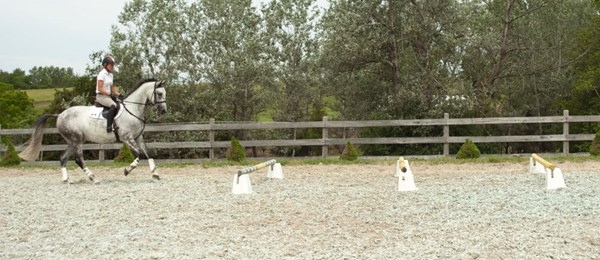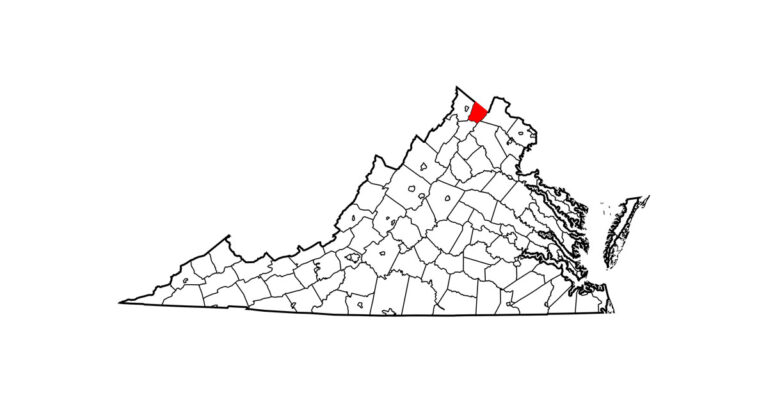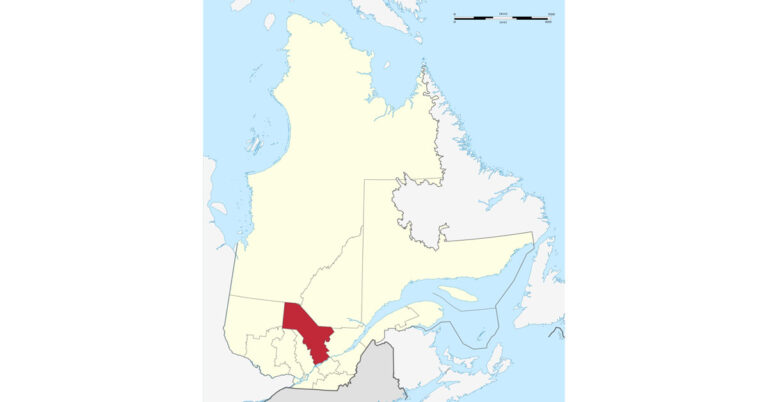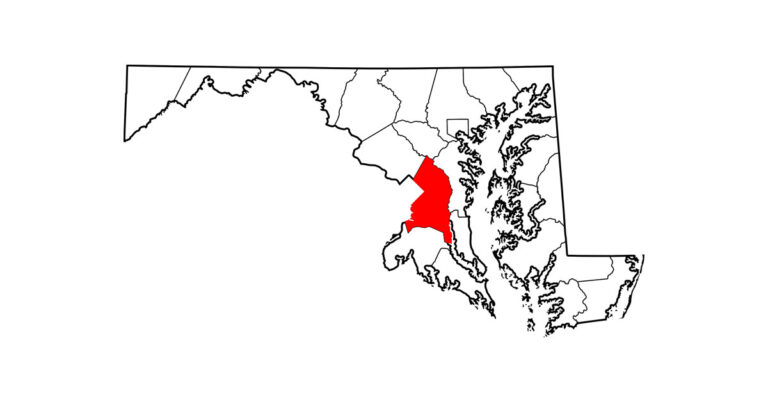 New research indicates that mares are completely relaxed when foaling. | © Frank Sorge/arnd.nl
New research indicates that mares are completely relaxed when foaling. | © Frank Sorge/arnd.nlIf your mare’s first foal is due this spring, you may be wondering how she’ll handle the big event. After all, giving birth can be painful and exhausting for women. But there’s no need to worry—barring complications, you can expect foaling to be short, sweet and stress-free for your mare.
That good news comes from a group of European scientists who have investigated the stress associated with birth in horses and other domestic animals. For mares, they say, labor (the active part of foaling that results in delivery) is brief—just 10 to 20 minutes on average, far shorter than in humans or even in cows. And mares are completely relaxed when foaling.
“Normal foaling appears to cause just the opposite of a stress response,” reports lead researcher veterinarian Christina Nagel. Dr. Nagel and her colleagues studied seventeen mares during foaling, recording electrocardiograms before, during and after the event and taking samples of saliva and blood to analyze for levels of stress hormones such as cortisol and epinephrine. The study, published in the scientific journal Theriogenology, was conducted at the Graf Lehndorff Institute for Equine Science, a joint research unit of the Austrian veterinary school Vetmeduni Vienna and the Brandenburg State Stud in Germany.
All the mares in the study foaled at night, when the stable was quiet. Their heart rates didn’t increase at all during labor. In fact, the mares’ hearts even missed a few beats due to AV block, a phenomenon that occurs when the electrical signal that controls the heart is slowed. (The phenomenon often occurs in healthy horses at rest.) The finding suggests that during foaling, the mare’s nervous system is in full relaxation mode. The mares’ stress hormone levels also remained low throughout foaling, and caring for the newborn foal didn’t cause the levels to rise afterward.
For horses, it seems, giving birth is a very different experience than it is for humans—and it’s different in ways that probably helped horses survive in the wild, says veterinarian Christine Aurich, head of the Graf Lehndorff Institute. “Mares can postpone labor until they perceive the environment as calm and safe. Once this is the case, foaling proceeds within a very short time,” Dr. Aurich says.
This article originally appeared in the January 2015 issue of Practical Horseman.










